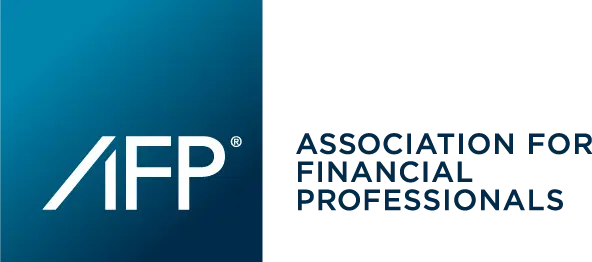Payment fraud continued to decline in 2021 with 71% of organizations reporting they have been victims of payments fraud activity, compared to 74% in 2020 and 81% in 2019, according to the Association for Financial Professionals’ annual fraud report. The 2021 results are the lowest since 2014. The Bethesda, Md.-based association, which surveyed more than 550 treasury and finance professionals, has surveyed companies across myriad industries annually for 18 years.
Organizations with annual revenue of at least $1 billion are frequent targets of fraudsters with 75% reporting fraud activity the past year. In comparison, among organizations with annual revenue of less than $1 billion, 66% reported fraud activity.
While large organizations remain favored targets for fraudsters, 63% percent of financial professionals say payments fraud was unchanged in 2021, compared to 2020. At the same time 29% of finance professionals cited an increase in fraud and 8% reported a decline. The share of financial professionals reporting an increase in payments fraud activity has steadily declined from 34% in 2019, the report says.

Check fraud was unchanged from 2021, according to 66% of respondents, while the share of respondents reporting payments fraud via ACH debits increased four percentage points from last year to 37%, while wire fraud activity continued its steady decline from 48% in 2017 to 32% in 2021.
According to the report the increase in ACH debit fraud the past year could be a result of one of these scenarios:
- Companies are shifting checks to digital, and with that shift organizations may also need to make sure the policies and procedures for identifying ACH debits promptly remain in place.
- Conducting daily reconciliations rather than monthly.
- Utilization of ACH debit filters/debit blocks.
- Updating company IDs for filters on a timely basis.
- Holding an independent review of the processes done by internal audit.
Fraud attacks on corporate credit cards and via ACH credits also increased in 2021, with 26% of respondents citing corporate card fraud, compared to 24% in 2020, and 24% of respondents citing fraud attacks via ACH credits compared to 19% in 2020. Fraud attacks via faster payments and mobile wallets also increased with 5% and 4% of respondents citing attacks, respectively, compared to 1% in each use case in 2020.
“A concern going forward is the rise in ACH credit and ACH debit fraud. With the same-day ACH limit rising from $100,000 to $1 million effective March 18, 2022, companies will need to be extremely vigilant when monitoring their bank accounts for any transactions that appear to be out of the norm, unexpected, or can be simply returned and acted on quickly,” the report says.
The report also noted that two-thirds of organizations are validating payment beneficiary information, either through their vendor/bank (36%) or by using an external service (30%).
Also, accounts payable departments continue to be the department most susceptible to business email compromise, with 58% of respondents indicating their departments were compromised through email scams.
And, for the first time since it began conducting the survey, the AFP asked respondents whether they experienced attempted or actual payments fraud via cash. Seven percent of respondents indicated that cash as a payment method was subjected to fraud.
“While payments fraud remains a tremendous challenge for organizations, the decreases we’re seeing in nearly every area are a clear signal of the efforts of our colleagues and business leaders to curb fraudulent payments activity from criminal attempts,” AFP chief executive and president Jim Kaitz, says in a prepared statement. “That said, we must remain vigilant in our pursuit of education, training and innovation in order to remain one step ahead of our sophisticated adversaries.”





